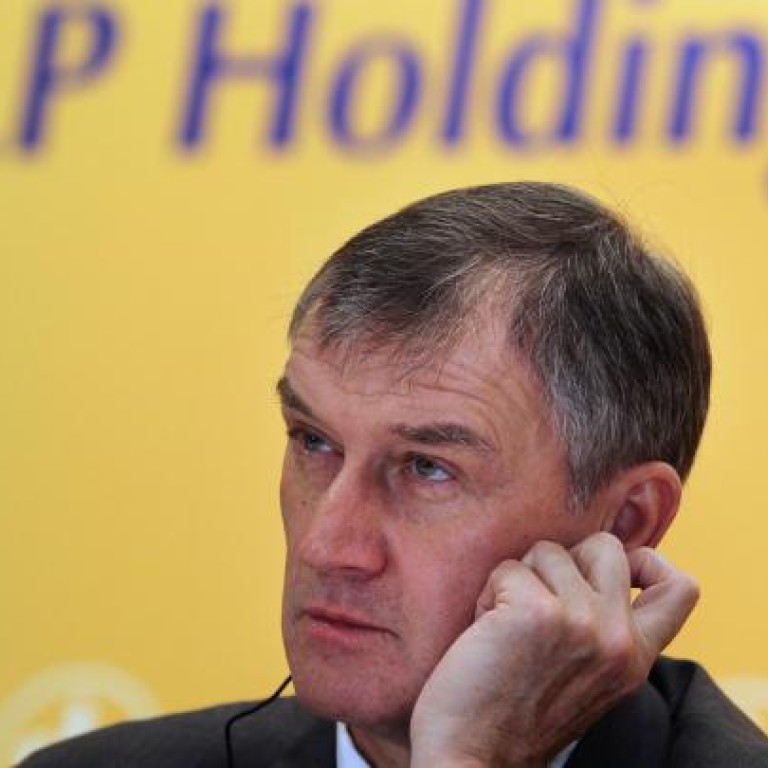
Hi-tech space probe cracks honey-launderers
Relief is at hand for the honey industry, which is fraught with smuggling and fakery. An investigation by the US website Food Safety News in 2011 concluded that more than a third of the honey imported into the US was smuggled from China through third countries such as India and Vietnam and may be tainted with illegal antibiotics and heavy metals. In addition, there is evidence that the so-called "honey brokers" bulk up real honey with additives such as sugar, malt, sweeteners, corn or rice syrup - a process known as honey-laundering. However, according to the magazine, a laser tool funded by the European Space Agency to measure carbon on Mars is being used to detect fake honey. A new laser "isotope ratio-meter" developed at the Rutherford Appleton Laboratory at Harwell in Britain uses small, highly accurate lasers designed to be sent into space to look for trace amounts of gas in very small samples. To check food, a sample of the food is burnt and the carbon dioxide that is given off can be tested by the laser instrument. It can be used for testing all kinds of food and will not only test whether it has been adulterated but whether say, Sicilian olive oil, really does come from Sicily. Armed with this instrument, someone could make a killing on the mainland testing food, so long as he doesn't end up getting killed himself.
One of the joys of Lunar New Year is that big companies use it as an occasion to throw a lunch for the press. And so it was that yesterday we trouped off to the Langham Hotel in Mong Kok to have lunch with the executives from CLP. The idea is that we meet and develop contacts and get to "understand" their point of view and generally chew the fat. We always live in hope that there is a slip of the tongue, or a confidence leaked that will make for interesting reading the next day. While the food was excellent and the company congenial, there were, alas, no indiscretions. Chief executive Andrew Brandler, in his words of introduction, said he preferred not to be in the news, but this is a faint hope with looming tariff increases and an interim review of its scheme of control. Since the acrimonious public spat last year over its efforts to secure a tariff increase, CLP has increased its efforts to engage the public, business and legislators to get its story across. Every time it seeks an increase, it is accused of corporate greed. Yet at the same time, everybody wants cleaner air, and the government has set emission caps which can only be met by using less coal, and more natural gas, which is more expensive than coal. Under the scheme of control, the company is entitled to pass this on to customers, something which the previous government resisted. Nevertheless, the scheme permits the company to earn an annual rate of return on depreciated net assets of 9.99 per cent on conventional resources such as coal and gas, and 11 per cent for renewable sources. While CLP frequently finds itself between a rock and a hard place, this is a scheme that British and Australian power companies would salivate over.
Readers may recall that earlier this month, we wrote about two new styles of taxi scams that were being discussed on the taxi-driver grapevine. One involved faking engine trouble as an excuse to open the boot and steal valuables such as laptops from the passenger's luggage and hide them in the boot. Then the driver called another taxi to enable the passenger to continue their journey, before making off with the loot. The other involved taping over the "extras" indicator on the meter and secretly ramping them up to bump up the final total. But a reader has alerted us that the traditional scams are still thriving. He tells us the sad tale of how he invited his niece who lives in Beijing to visit him and his family who were in Guangzhou for the Lunar New Year holiday. After a few days she then went by rail for her first visit to Hong Kong. However, her excitement soon turned to dismay when after taking a taxi from Hung Hom station and getting out at her hotel in Nathan Road, the taxi sped off with her luggage. On reporting it to the police, they said they could do nothing about it. If this becomes a problem, then perhaps the airport and the train station should follow Bangkok airport and give passengers a stamped chit with the taxi's registration number.

